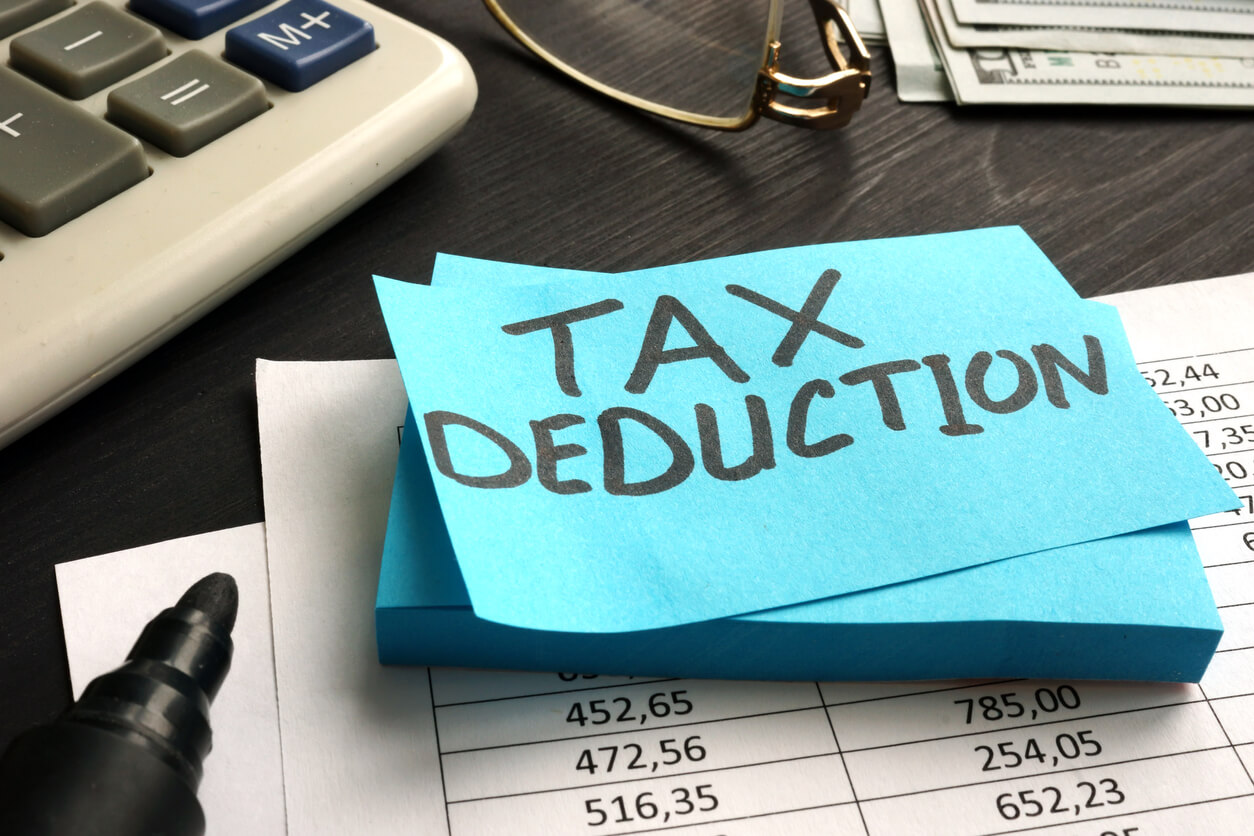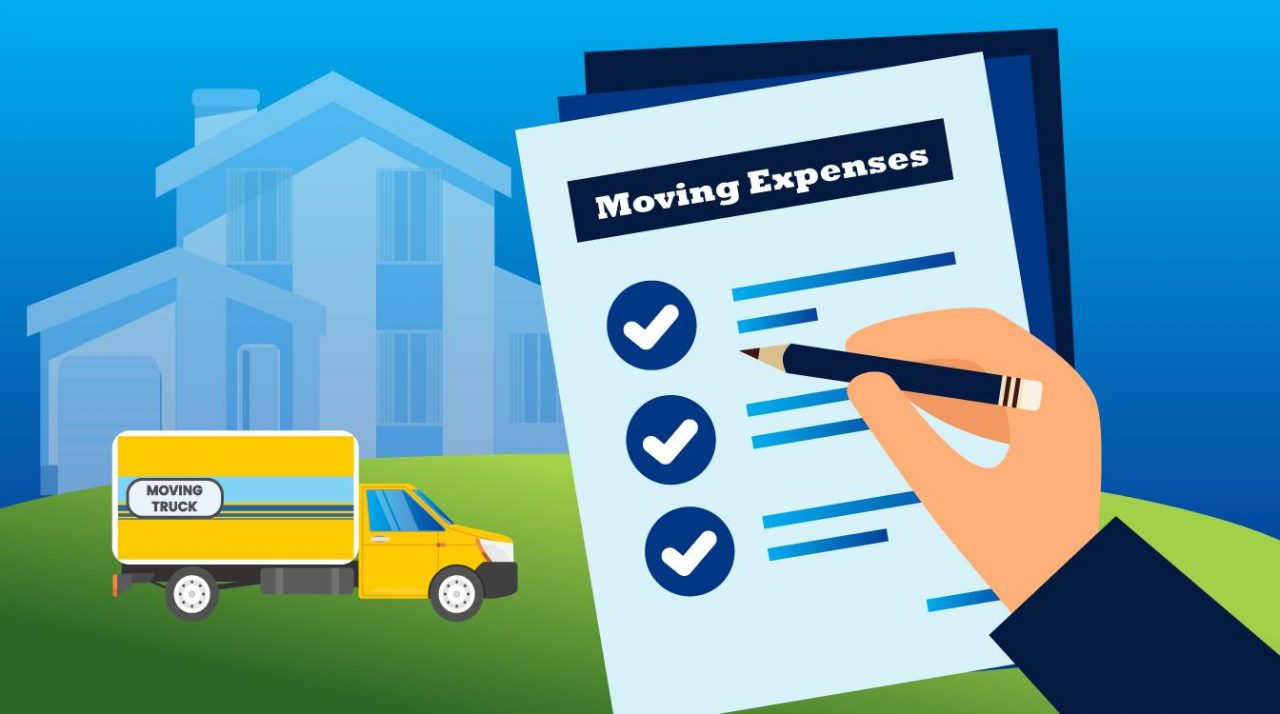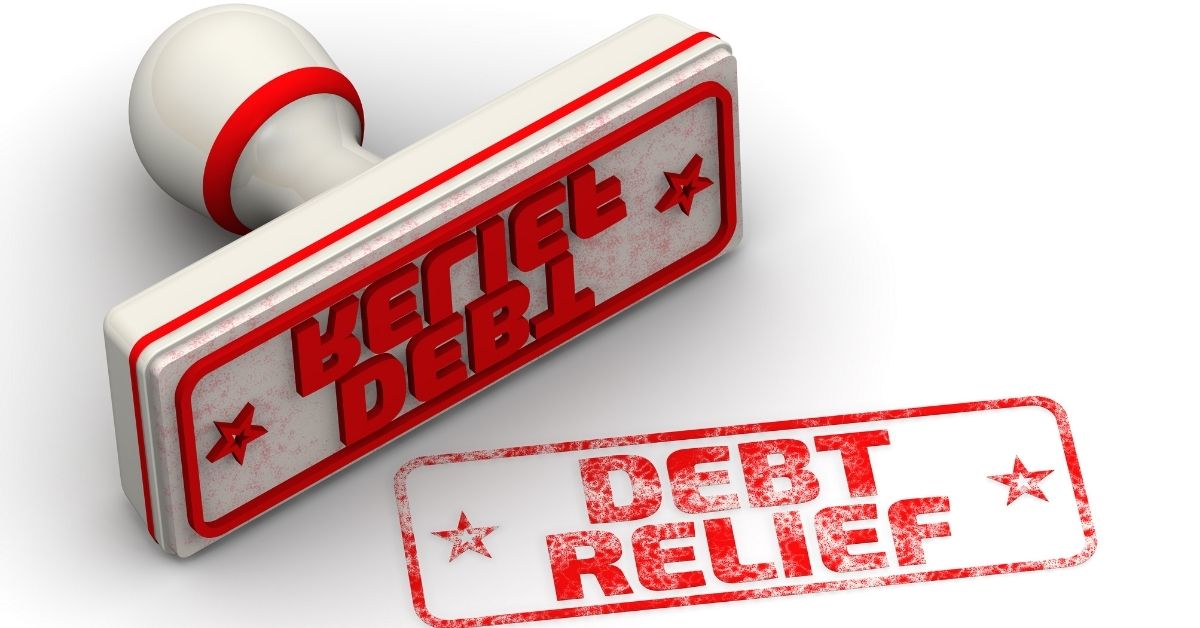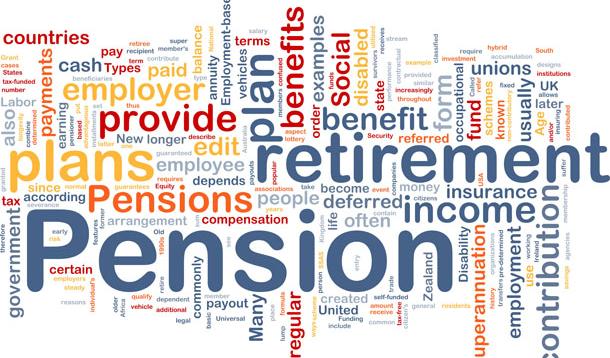With the worst days of the pandemic behind us, more and more Canadian families have returned to their usual schedule, with kids back in attendance at school and parents back at work at the office, on either a full-time or a part-time basis.
Newsletter - Page 10 of 30 - Akler Browning LLP
Two quarterly newsletters have been added—one dealing with personal issues, and one dealing with corporate issues.
The purchase of a first home is a milestone in anyone’s life, for many reasons. A home purchase is likely the largest single financial transaction most Canadians will enter into in their lives, and having the ability to buy one’s own home has traditionally been perceived as a marker of financial success and stability.
Many, if not most, taxpayers think of tax planning as a year-end exercise to be carried out in the last few weeks of the year, with a view to taking the steps needed to minimize the tax bill for the current year.
Canada’s retirement income system is made up of two public retirement income programs – the Old Age Security program and the Canada Pension Plan – as well as the opportunity to accumulate private retirement savings on a tax-assisted basis, through registered pension plans or registered retirement savings plans.
Sales of residential real estate across Canada are, after a slowdown in 2022, once again on the rise. Back-to-back increases in sales figures during February and March 2023 were followed by a double digit increase in such sales during the month of April.
Of the 17 million individual income tax returns for the 2022 tax year filed with the Canada Revenue Agency (CRA) by the middle of April 2023, no two were identical.
The fact that Canadian households and families have been living with a significant amount of financial stress for the past year or so isn’t really news.
The vast majority of Canadians view completing and filing their annual tax return as an unwelcome chore, and generally breathe a sigh of relief when it’s done for another year.
There are a number of income sources available to Canadians in retirement.










